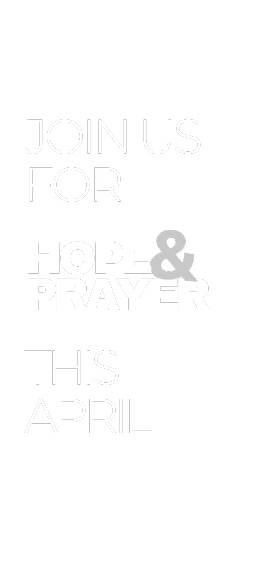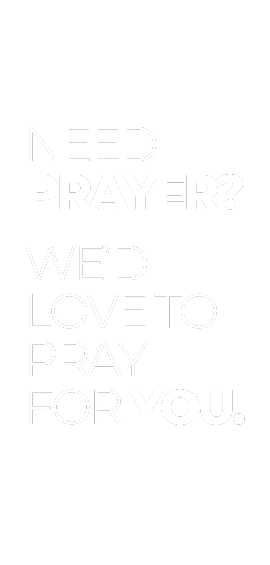I call mental illness the invisible disability because so often, in churches, we don’t realise how many people are silently struggling.
Key Points
- There’s a culture of shame around mental illness in many churches, and it’s causing people to hide what’s really going on in their lives. For many years, I didn’t share my diagnosis with my church. Even when I was critically unwell in a psychiatric ward after the birth of my first baby, my family felt the need to protect my privacy – and most people in my church had no idea what I was going through.
- Our churches need to become safe spaces, where people feel free to share their stories and find support without fear of judgment.
- Mental illness is often hidden, but the people who are struggling are right in front of us—sitting in the pews, serving on the worship team, or standing in the foyer with a cup of coffee. They need a church that sees their struggles, values them and cares about them, and is ready to walk alongside them – reflecting the heart of Christ.
I was just 18 when I was diagnosed with Bipolar Disorder. It’s a mental health condition that has no cure and is managed with medication.
For many years, I didn’t share my diagnosis with my church. Even when I was critically unwell in a psychiatric ward after the birth of my first baby, my family felt the need to protect my privacy – and most people in my church had no idea what I was going through.
There’s a culture of shame around mental illness in many churches, and it’s causing people to hide what’s really going on in their lives. One-third of Australians are currently struggling with anxiety, yet where is that being talked about in the church?
Our churches need to become safe spaces, where people feel free to share their stories and find support without fear of judgment.
This means intentionally reaching out to those who are struggling, checking in with them, and equipping our communities to be the kind of support systems God has called us to be. It means having conversations about mental health from the pulpit, in small groups, and in everyday interactions.
Mental illness is often hidden, but the people who are struggling are right in front of us—sitting in the pews, serving on the worship team, or standing in the foyer with a cup of coffee. They need a church that sees their struggles, values them, and is ready to walk alongside them.
Breaking down stigma starts with each of us. It’s in the words we say and the actions we take. It’s in whether we choose to offer grace and understanding, or whether we turn away in discomfort or fear.
Hope 103.2 is proudly supported by
God calls us to be communities of care, places where the hurting and broken can come and find healing, connection, and purpose. If we, as churches, can embrace that mission, we’ll not only be better equipped to include people with mental health conditions, we’ll also better reflect the heart of Christ.
To anyone who is struggling, I want to say this: you are not alone. To pastors and church leaders, I want to challenge you: create spaces of safety, speak openly about mental health, and be part of the change. Let’s become the church God called us to be, for all people.
Article supplied with thanks to CBM Australia & Mariska Meldrum.
Feature image: Photo by Ümit Bulut on Unsplash
Get daily encouragement delivered straight to your inbox
Writers from our Real Hope community offer valuable wisdom and insights based on their own experiences!
Subscribe + stay connected with all
our latest stories
Hope 103.2 is proudly supported by



























